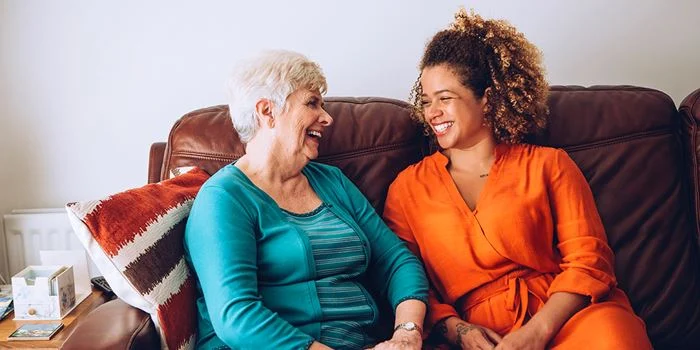In a rapidly evolving world, where the demands and complexities of life can sometimes feel overwhelming, finding a place that seamlessly combines comfort and care has become a cherished pursuit. Supported Independent Living (SIL) accommodation, a concept that has gained considerable traction recently, offers a unique solution to this quest. This article delves into the heart of SIL accommodation, uncovering its appeal’s essence and benefits to individuals and communities.
The Comfort Factor
At the heart of supported accommodation lies the principle of comfort. These spaces are thoughtfully designed to give residents a sense of belonging and security. The accommodations are often equipped with modern amenities catering to the residents’ unique needs. From fully accessible bathrooms and ergonomic furniture to communal spaces that promote social interaction, every aspect is meticulously planned to ensure a comfortable living experience.
In addition to physical comfort, emotional comfort is also prioritised. Trained staff members are usually available round the clock to offer assistance, ensuring that residents feel cared for and supported at all times. This not only alleviates any feelings of isolation but also fosters a sense of community among the residents.
The Care Paradigm
Supported accommodation goes beyond the conventional idea of a living space; it embodies a care paradigm. Residents benefit from the presence of skilled caregivers and healthcare professionals who are attuned to their needs. This care can range from assistance with daily activities like bathing and meal preparation to administering medication and providing specialised medical attention.
Moreover, the care paradigm extends to holistic well-being. Many supported accommodation facilities offer wellness programs that include fitness classes, therapy sessions, and recreational activities. These initiatives are tailored to each resident’s capabilities and interests, promoting physical vitality and emotional satisfaction.
Promoting Independence
While the primary focus of supported accommodation is care, it also strongly emphasises promoting independence. Unlike traditional care institutions, these spaces empower residents to retain a sense of control over their lives. They are encouraged to engage in activities they enjoy, make decisions about their daily routines, and participate in communal events. This balance between care and independence is a defining feature of supported accommodation and is vital for enhancing residents’ overall quality of life.
A Community of Support
One of the most profound benefits of supported accommodation is its ability to foster a community of support. Residents, often facing similar challenges, form connections with their peers that can lead to genuine friendships. The communal living spaces become avenues for shared experiences and mutual encouragement. The sense of belonging that emerges from these connections combats feelings of loneliness and can significantly impact residents’ mental and emotional well-being.
Alleviating the Burden on Families
Supported accommodation benefits the residents and provides relief to their families. Caregiving can be emotionally and physically taxing, and families often struggle to provide adequate care while balancing other responsibilities. Supported accommodation assures families that their loved ones are receiving professional care in a safe and nurturing environment. This can lead to reduced stress levels and the opportunity for families to focus on their well-being.
Enriching Communities
The positive influence of supported accommodation isn’t confined to the residents and their families; it extends to the broader community. These facilities create jobs for caregivers, healthcare professionals, administrative staff, and support personnel, thus contributing to local economies. Furthermore, supported accommodation facilities help build compassionate and empathetic communities by promoting inclusivity and understanding diverse needs.
In Conclusion, in a world where the pursuit of comfort and care often seems like an elusive goal, SIL accommodation emerges as a beacon of hope. It encapsulates the idea that one can find solace in a living space designed for both physical comfort and emotional well-being. By blending the elements of care and independence, supported accommodation provides a holistic solution that enhances the lives of individuals, their families, and the entire community. It stands as a testament to the power of architecture and compassion working hand in hand to create spaces that truly enrich lives.
Also, Read: What Type of Outsourcing Could Be Perfect for Australia?



















